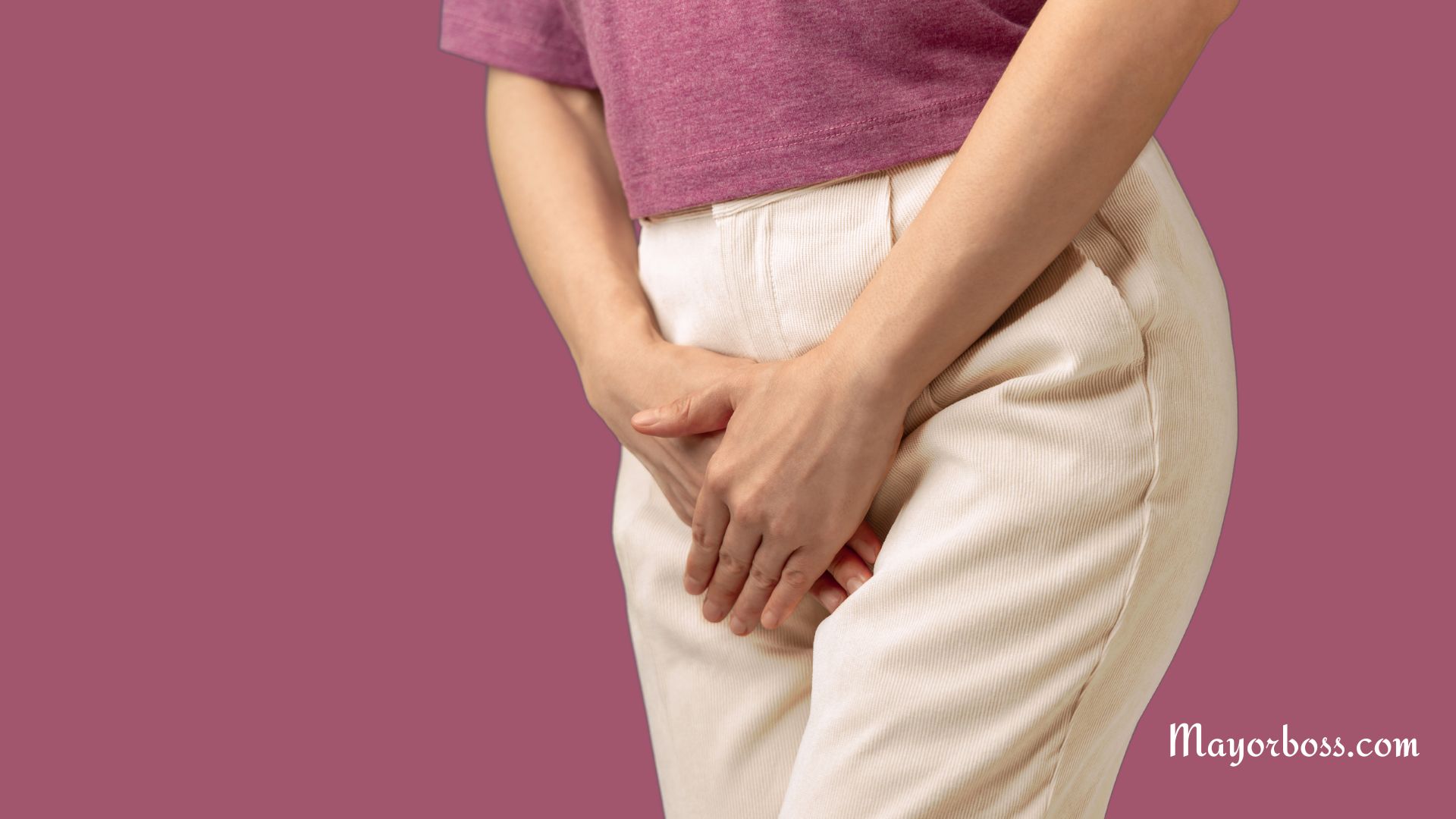Does HPV Go Away on Its Own?
Human Papillomavirus (HPV) is a common virus affecting both men and women. If you’re wondering whether HPV can go away on its own, you’re not alone. It’s a question many people ask, and understanding the nature of HPV is crucial for your health.

What is HPV?
Before diving into whether HPV goes away on its own, let’s first understand what HPV is:
- HPV Infection: HPV refers to a group of more than 200 related viruses. In particular, some types of HPV can cause warts or papillomas, while others are associated with cancer risk.
- Transmission: HPV is usually spread through intimate skin-to-skin contact. This can include sexual activity, but non-sexual routes are also possible.
Does HPV Clear Up on Its Own?
The short answer is, often, yes. Here’s what you should know:
- Immune System Response: In many cases, your immune system can fight off HPV naturally. A large percentage of HPV infections go away on their own, typically within two years.
- Asymptomatic Nature: Most people with HPV don’t even know they have it, as it often causes no symptoms and resolves without treatment.
- Persistent Infections: Some high-risk HPV types, however, can persist and potentially lead to cancer. These types don’t clear up as easily.
Risk Factors for Persistent HPV
Understanding the factors that contribute to persistent HPV infections is important:
- Immune System Health: A weakened immune system may have a harder time clearing the virus.
- High-Risk HPV Types: Certain types of HPV are more likely to persist and lead to health problems, like cervical cancer.
- Smoking and Lifestyle Factors: Smoking and other lifestyle factors can affect your immune system’s ability to fight HPV.
Prevention and Screening
Preventing HPV and screening for it are key strategies:
- Vaccination: The HPV vaccine is highly effective in preventing infection with high-risk HPV types.
- Regular Screening: Regular cervical cancer screenings (Pap tests) can detect changes in the cervix caused by HPV.
- Safe Sex Practices: Using dental dams and condoms can lessen the risk of HPV transmission, though they don’t provide complete protection.
Frequently Asked Questions
How Long Does HPV Last?
HPV infections can last anywhere from a few months to a few years. Most clear up within two years.
Can HPV Come Back?
Once cleared, the same strain of HPV usually doesn’t come back. However, you can be reinfected with a different strain.
Is HPV Always a Cause for Concern?
Not always. Many types of HPV are low-risk and don’t lead to serious health problems. But it’s important to monitor and manage high-risk types.
Should I Tell My Partner if I Have HPV?
Discussing HPV with your partner is a personal decision. However, open communication about health risks is important in any relationship.
In summary, while many HPV infections do go away on their own, monitoring and preventive measures are crucial, especially for high-risk types. If you’re concerned about HPV, it’s always a good idea to talk to your doctor for personalized advice and screening.
